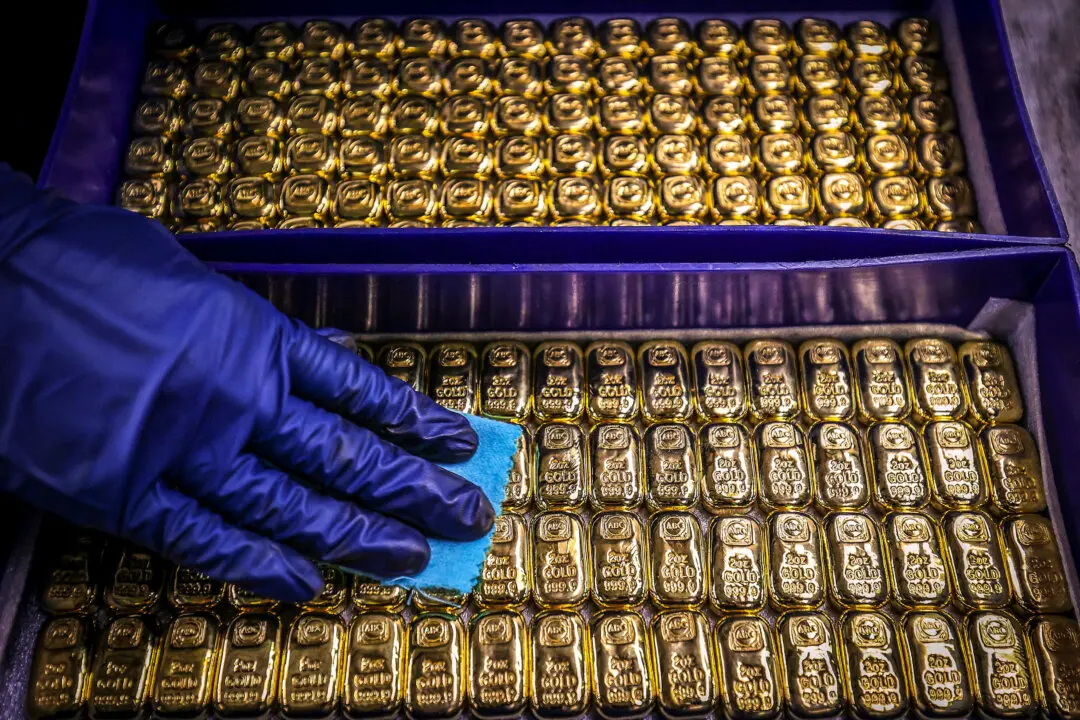Gold prices hit new highs on Monday amid concerns about President Donald Trump’s proposed tariffs on steel and aluminum as well as reciprocal tariffs against foreign nations.
Spot gold prices hit a high of $2,905.92 per ounce on early morning trade Monday, breaking the previous high of $2,886.96 set on Friday. It was trading at around $2,898 as of 6:25 a.m. ET.





